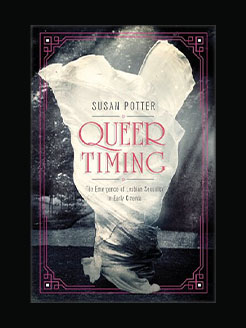Published in 2021
289 pages
Antonia Fraser is the author of many widely acclaimed historical works, including the biographies Mary, Queen of Scots (a 40th anniversary edition was published in May 2009), Cromwell: Our Chief of Men, King Charles II and The Gunpowder Plot (CWA Non-Fiction Gold Dagger; St Louis Literary Award). She has written five highly praised books which focus on women in history, The Weaker Vessel: Women’s Lot in Seventeenth Century Britain (Wolfson Award for History, 1984), The Warrior Queens: Boadecia’s Chariot, The Six Wives of Henry VIII, Marie Antoinette: The Journey (Franco-British Literary Prize 2001), which was made into a film by Sofia Coppola in 2006 and Love and Louis XIV: The Women in the Life of the Sun King. She was awarded the Norton Medlicott Medal by the Historical Association in 2000. Antonia Fraser was made DBE in 2011 for her services to literature. Her book, Must You Go?, celebrated her life with Harold Pinter, who died on Christmas Eve 2008. She lives in London.
What is this book about?
Award-winning historian Antonia Fraser brilliantly portrays a courageous and compassionate woman who refused to be curbed by the personal and political constraints of her time.
Caroline Norton dazzled nineteenth-century society with her vivacity, her intelligence, her poetry, and in her role as an artist’s muse. After her marriage in 1828 to the MP George Norton, she continued to attract friends and admirers to her salon in Westminster, which included the young Disraeli. Most prominent among her admirers was the widowed Prime Minister, Lord Melbourne.
Racked with jealousy, George Norton took the Prime Minister to court, suing him for damages on account of his ‘Criminal Conversation’ (adultery) with Caroline. A dramatic trial followed. Despite the unexpected and sensational result—acquittal—Norton was still able to legally deny Caroline access to her three children, all under seven. He also claimed her income as an author for himself, since the copyrights of a married woman belonged to her husband.
Yet Caroline refused to despair. Beset by the personal cruelties perpetrated by her husband and a society whose rules were set against her, she chose to fight, not surrender. She channeled her energies in an area of much-needed reform: the rights of a married woman and specifically those of a mother. Over the next few years she campaigned tirelessly, achieving her first landmark victory with the Infant Custody Act of 1839. Provisions which are now taken for granted, such as the right of a mother to have access to her own children, owe much to Caroline, who was determined to secure justice for women at all levels of society from the privileged to the dispossessed.







